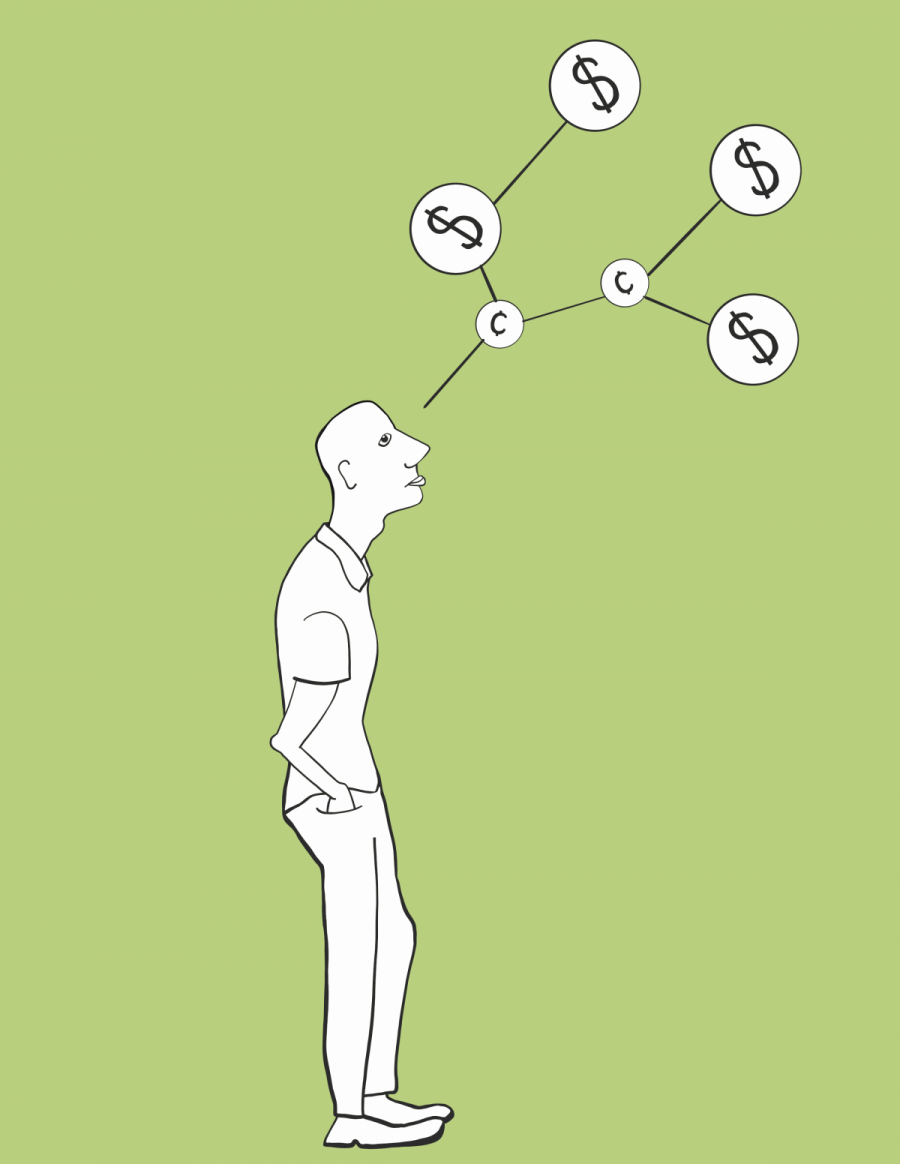We’re Severely Lacking in Financial Literacy
We Don’t Know What To Do With the Little Money We Have
This financial quarter, 46 per cent of surveyed Canadians were $200 away from financial insolvency.
Many of the articles speak of interest rates, and how a rise in rates can create a tight squeeze for people already struggling to stay afloat financially. Concerning mortgages, credit card debts, or personal loan interest rates, higher interest rates can affect their repayment, causing some to even go into more debt to cover payment. The pain will be mostly felt by middle and working class Canadians, many of whom already owe money.
The fact that these people owe money is not surprising. People don’t buy houses cash, for the most part. Many people rely on loans and lines of credit to get through school, unless a parent has saved considerably for their child’s higher education; students may need to rely on loans and bursaries—both of which have their limits. A line of credit is often necessary to fall back on for unforeseen expenses, like surprise $200 textbooks that have to be purchased new for a CD inside that’s only used once.
The job situation is another issue. In some fields, we see an increasing reliance on part-time workers, contract workers, and, in journalism particularly, freelancing. This can leave some financial insecurity when it comes to bills and payments, considering the variable scheduling and pay that comes with this kind of work as well as adequate insurance, dental coverage, and other things that need to be paid out of pocket.
The statistics are limited to the sample size of people that were surveyed, but shows still that modest and low income Canadians are financially vulnerable due to debt and economic changes.
One thing which shocks me particularly, as a working class Canadian from a low income working class background, is the lack of financial literacy I grew up with, and how many of us have to go looking for (sometimes inaccurate) information on how to deal with our finances.
This leaves us vulnerable to seeking advice from people trying to sell us services we might not actually need. It shocks me that we do not have financial literacy courses in high school. Most people I know didn’t learn how to do taxes until we had to actually do them. How can we survive financially, let alone get ahead, with a limited knowledge base?
Some people might learn these skills from their parents, but this means the parents have to have a certain level of financial literacy and knowledge themselves. I know people who, for a number of years, had their whole life savings in a mattress! Imagine the interest they could have made in 15 years, even with modest interest rates? For years, my grandfather paid taxes and had no idea about how to make use of an RRSP. I know some well-off people who already know a lot and have a head start on their RRSPs and TFSAs. The rest of us may have no idea or perhaps lack the means to get started.
“Why aren’t millennials saving money?” It’s hard to save when you’re in debt and when you do not have a stable income. I’ve learned a few things about money, and here is advice I wish I would have heard in high school. Take it or leave it, of course, I am but a humble opinions writer.
First, focus on debt. When you’re a student, usually your loans are government loans, which do not require repayment right away and have a relatively low interest rate. They can be repaid over a long term, so this is not a primary worry for most. If you have a credit card or a line of credit, look at the minimum payments, when they are due, and how much interest is being charged. If possible, pay as much as you can beyond minimum for the one charging you the most interest—usually the credit card. If looking at how long it would take to pay off depresses you, focus more on making sure the minimum is met and throwing spare cash towards the worst one.
If you have a student line of credit, definitely consider the possibility of using it more than your credit card, or consider it instead of a credit card if you don’t have a student line of credit. There may be a credit check, however. Speak to your bank about what they offer. Be careful though, they do want to sell you services, so be clear about your needs. A line of credit can have a better rate than a credit card, and typically you pay interest monthly on your balance, added to the total amount owed. My interest rate is almost a quarter as much as my credit card, which is amazing for longer term debts. For more information on lines of credit, see your bank’s website or: https://www.investopedia.com/terms/l/lineofcredit.asp
How much one has in savings can vary based on on circumstance. I recommend to put aside anything you can afford to when possible. This creates such a reassurance in the event of unforeseen circumstances. If you can’t make payments or afford an expense, you can borrow from your savings before using credit. I do recognize that savings are a luxury to have. I am aware of how daunting and even ridiculous it is to hear that you should be saving when you struggle with debt.
To repay debt, I focused first on immediate financial needs, like cost of living, insurance, transportation, and others. Anything left can be divided realistically. I hate not having access to the fruits of my labour for coffee and other “necessary-luxuries.” I refuse to be miserable in my deprivation, so I recognize I will spend money. I usually take 25 per cent to put in savings, the rest is me-money.
A Tax-Free Savings Account (or TFSA) is useful for many people to save in the short or long term, or to plan for emergencies. You can decide what kind of investments suit you, as any gains you make are tax free. I recommend going through investment options with a representative after doing your research. Investopedia is a very interesting resource for people looking for information about investments.
A Registered Retirement Savings Plan (more commonly known as an RRSP) is a retirement savings account for which you get a tax benefit for what you contribute, but you do pay tax on the amount you withdraw. It can be useful depending on the cost of operating one, and so I recommend speaking to a specialist or doing your research before setting one up. You can add tiny amounts in to start, and bigger amounts when you can, but no amount put toward your future is too small. Right now, there is an issue of poverty among seniors who have to rely solely on government pensions, and many workplaces do not offer pensions to their workers in supplement to these government pensions.
A little can go a long way, and when the big things seem daunting, the little things are everything. While you do what you can to support yourself, I encourage you to support workers demanding better working conditions, people who argue against unpaid labour, and empathize with people who are suffering economically, even if you are still afloat. Most of us are a few circumstances away from being in the same boat as those who can’t currently survive financially.
You can see the information available on the federal government’s website for more information on Government-Registered savings incentives: https://www.canada.ca/en/services/taxes/savings-and-pension-plans.html


_600_832_s.png)




